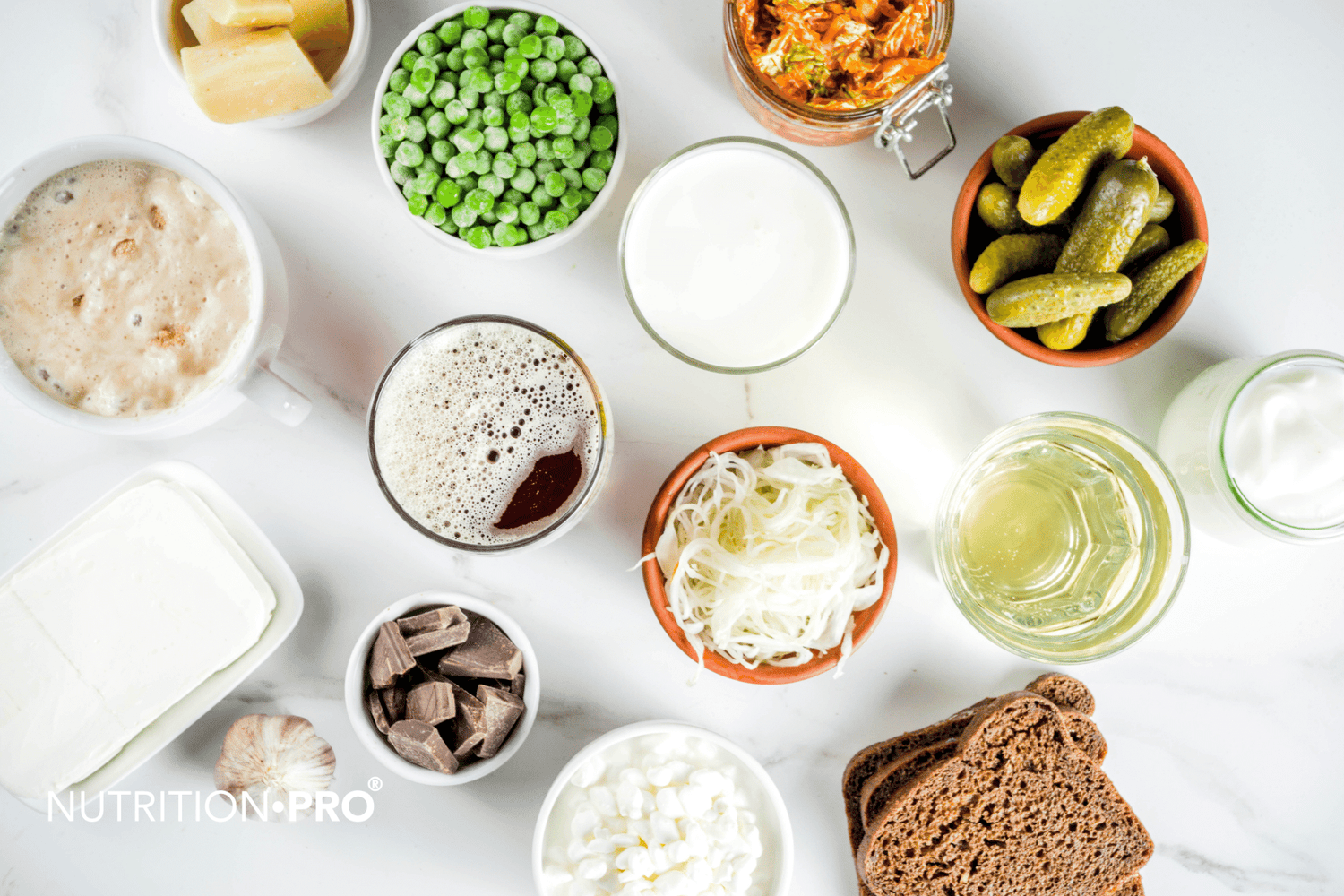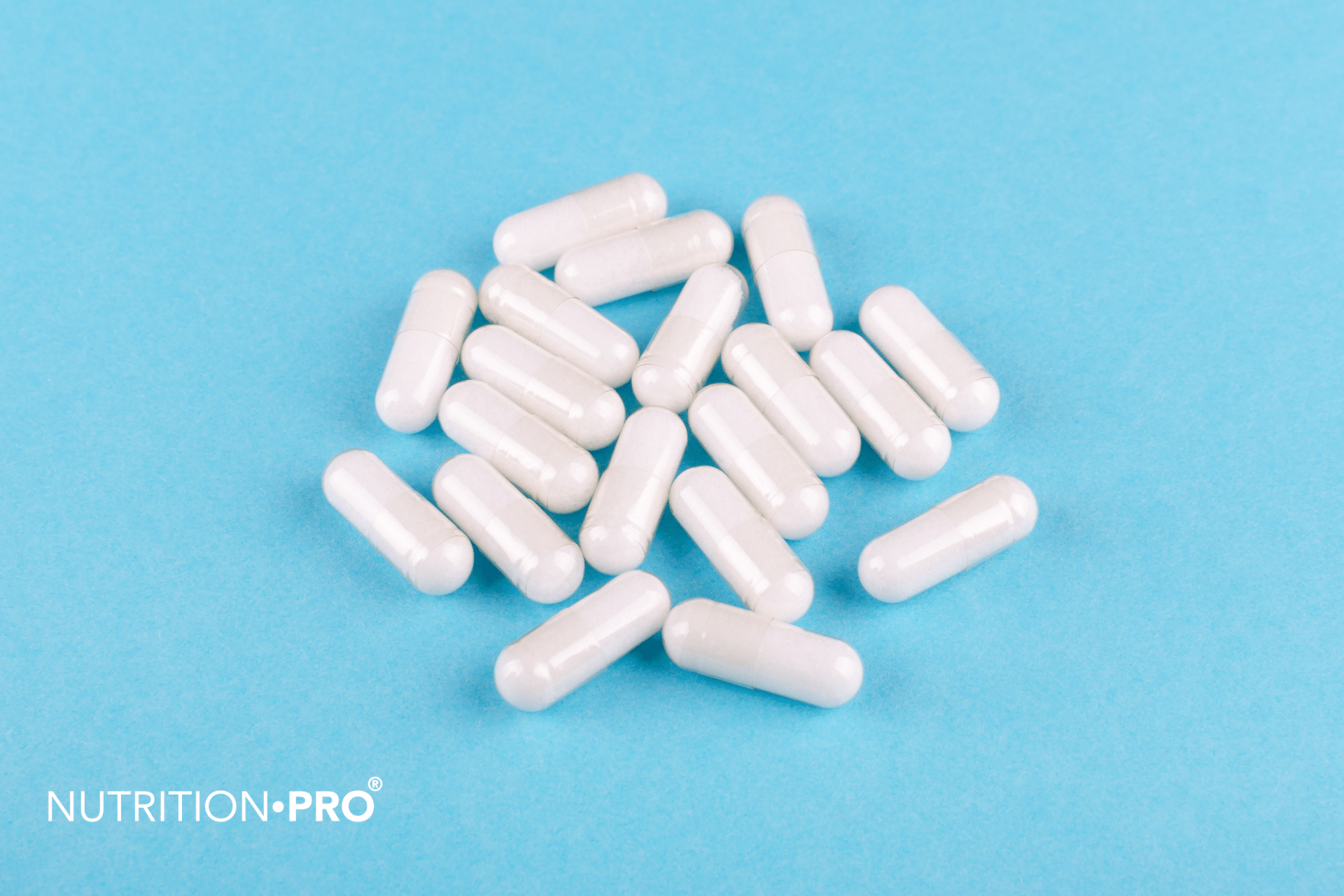Insight
Probiotics are tiny microorganisms that provide health benefits to their host. Our bodies depend on all kinds of microorganisms to keep things running and healthy, and probiotics play a part in that. These are the good bacteria present in our system.
They support healthy body systems and help control harmful microorganisms like germs. At the right levels, probiotics aid digestion and improve nutrient absorption .
Probiotics are naturally present in fermented foods and cultured milk, but you can also find probiotic supplements . Read on to learn more about the effects of probiotics on your digestive health .
Probiotics and digestion
Probiotics are thought to help with digestive issues such as:
- colic
- The constipation
- Crohn's disease
- Inflammatory bowel disease (IBD)
- Irritable Bowel Syndrome (IBS)
- lactose intolerance
- Ulcerative colitis
But we have a lot more to learn about how they work and how effective they are.
Most studies on probiotics are small and don't tell us exactly how probiotics aid digestion . They also don't tell us how to routinely dose or administer probiotic supplements .
Probiotics are considered safe for most people, and there are general guidelines.
- Digestive ecosystems differ. People with constipation
have different ecosystems of microorganisms in their intestines than people without constipation. What we don't know is whether constipation is the cause or the effect of these different ecosystems. - They lower pH levels. Probiotics
lower the pH level in the colon, which could help stool move faster. - They can relieve antibiotic-related diarrhea. Probiotics
can be particularly useful to relieve diarrhea associated with antibiotics and Clostridium difficile. The idea is that probiotics replenish the good bacteria that antibiotics might have killed. - They can help absorb protein. Probiotics
can help better absorb protein from your diet, as well as other vitamins and nutrients.
Not all probiotics are equal and more research is needed to understand the benefits of each type . Most research focuses on strains Lactobacillus and bifidobacterium . These strains include:
- L. acidophilus
- L.casei
- L. plantarum
- B. lactis
- B.longum
- B. bifidum
A study from 2010 found that B. lactis and L.casei were effective in relieving constipation . The study reviewed five previously published studies that involved adults and children.
Any probiotic not belonging to genres Lactobacillus and Bifidobacterium may not be safe, and further research is required before use.
Since probiotics are taken orally, their effectiveness depends on their ability to withstand the highly acidic environment of the stomach and gastrointestinal tract. The highest quality probiotics will pass through your stomach still intact and travel to the intestines where nutrients are absorbed. This is where probiotics do most of their healing and good work.
Probiotics are alive, so their viability can be affected by a number of packaging and storage issues. We need to know more about the best way to administer probiotics . We also need to know more about how probiotics can stay in your gut once they get there.
Currently, it is not believed that a dose of probiotics will necessarily stay in your system forever. Current practice is to take daily doses of probiotics .
How to Use Probiotics for Digestive Health
To start reaping the benefits of probiotics , increase your daily intake.
You can do this via dietary sources or supplements. Many traditional foods around the world naturally contain probiotics . These foods include:
- Sauerkraut
- Kimchi
- Kefir
- Greek yogurt
- Kombucha
Slowly increase your intake of probiotics and watch out for any side effects – positive or negative. Since there are many strains of probiotics , note how each affects you differently.
Here are some additional tips for taking probiotics:
Slowly increase CFUs
Recommended daily doses range from 1 billion to 10 billion colony forming units (CFU). Start at 1 CFU and slowly increase while paying attention to your body's reaction. Kefir contains 15-20 CFU per cup. Supplements should list their CFUs on the bottle.
Take advice if it's your first time
If the fermented foods are new to you, find a friend or a highly rated restaurant to introduce them to you and how to best enjoy them.
Take probiotics at specific times with respect to meals
Take probiotics just before eating or with your meal, but not after eating.
Try natural sources before supplements
You can take probiotic supplements , but you can also get them directly from their natural source. Food sources of probiotics will contain a wide variety of strains, but supplements should list each individual type they contain.
Benefits and Benefits of Probiotics
Probiotics can help manage:
- irritable bowel syndrome
- high cholesterol
- Nutrient Absorption
- Diarrhea
- The constipation
- lactose intolerance
- Weight gain
Reducing the side effects of any of the above issues can improve your quality of life and your overall sense of well-being.
The benefits of probiotics in your gut go beyond healthy stools. A healthy digestive system has
Probiotics are also currently
As antibiotic-resistant infections increase, probiotics could be powerful protective and healing agents that work perfectly with our natural body systems.
Side effects and risks
Probiotics are considered safe for most people. The studies do not report major risks associated with taking them.
The most commonly reported side effects of probiotics are gas and bloating . If you have severe reactions, including abdominal pain, reduce your daily CFU intake and slowly increase again over time.
Always speak with your doctor before starting any new health supplement. Before giving your child probiotic supplements , talk to their pediatrician. Premature babies should not take probiotics .
Probiotics may not be recommended for people with chronic illnesses or weakened immune systems. Do not use probiotics to replace prescription medications without first consulting your doctor.
To take away
Research indicates a positive association between taking probiotics and healthy digestion in people of all ages. Healthy digestion also leads to improved mental and oral health, a healthy immune system, and possibly healthier skin.
If you want to reap the benefits of probiotics , introduce them slowly into your diet with traditional foods or supplements.














